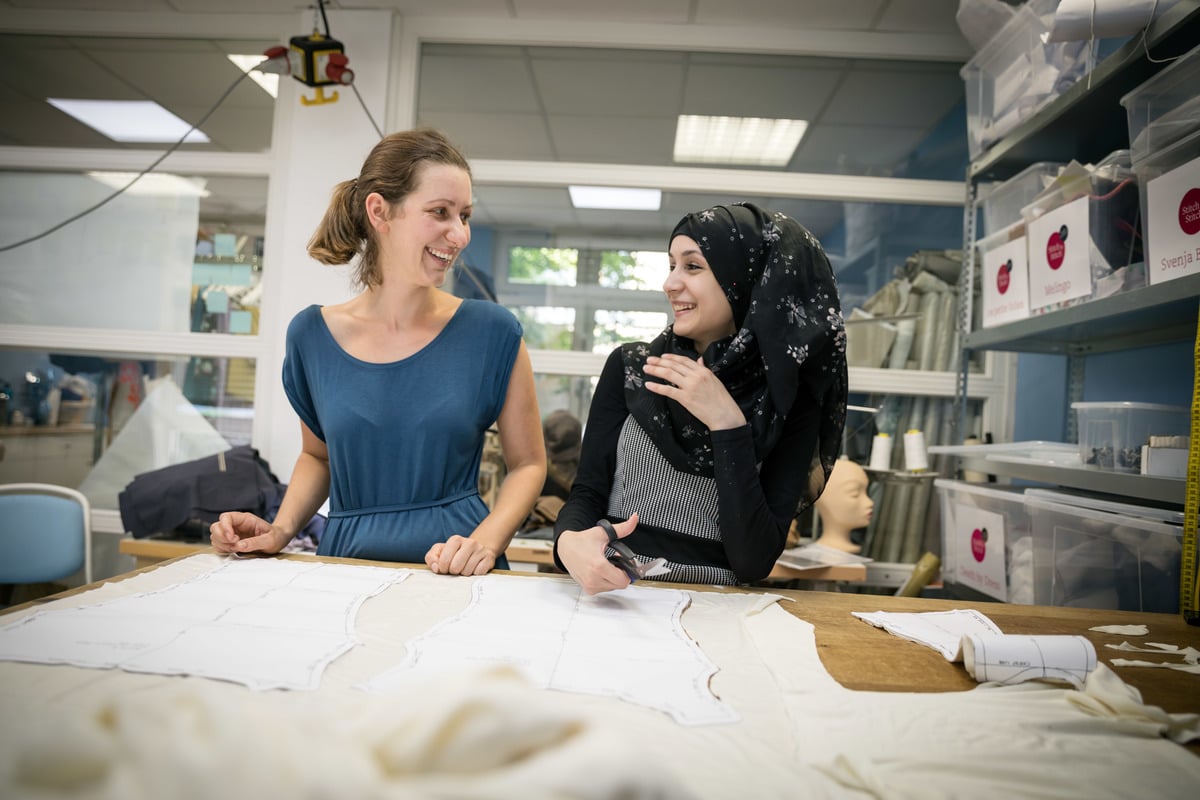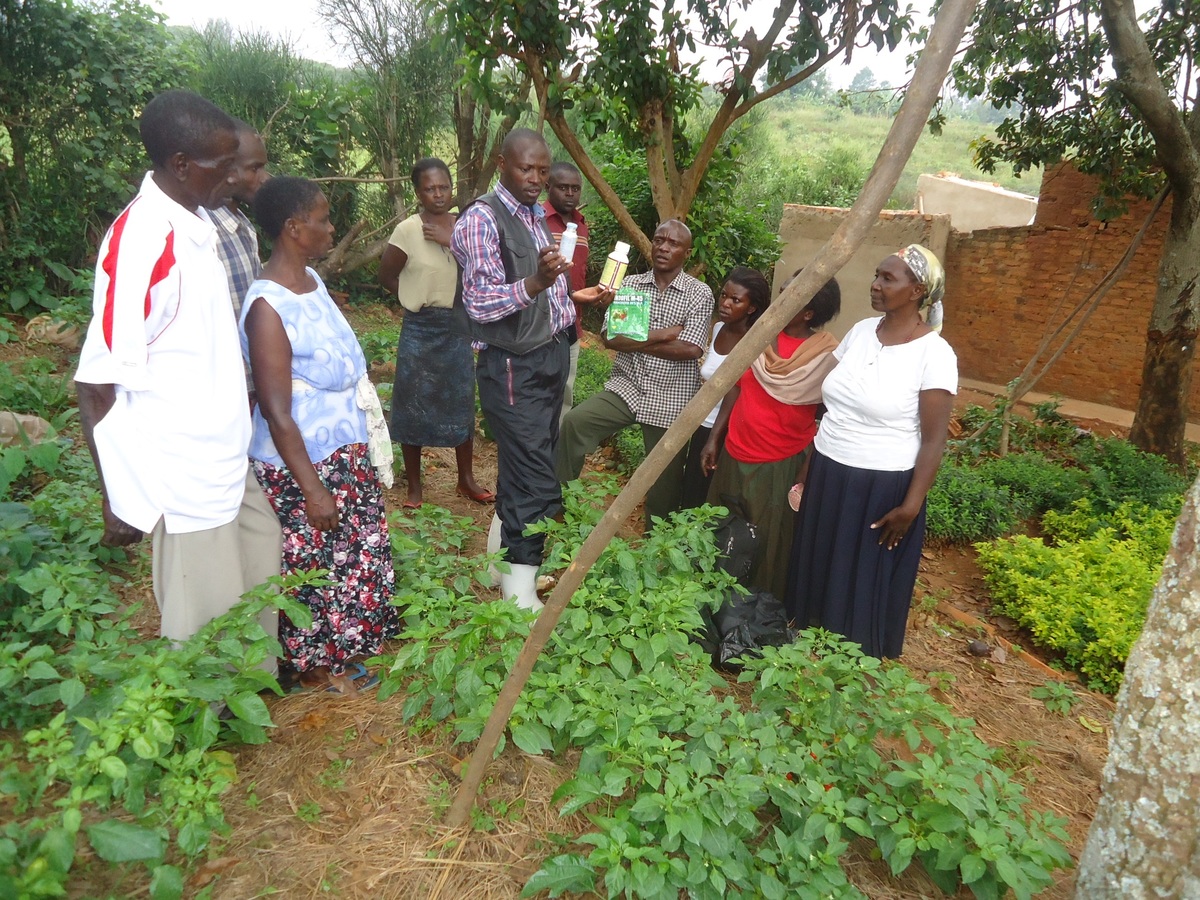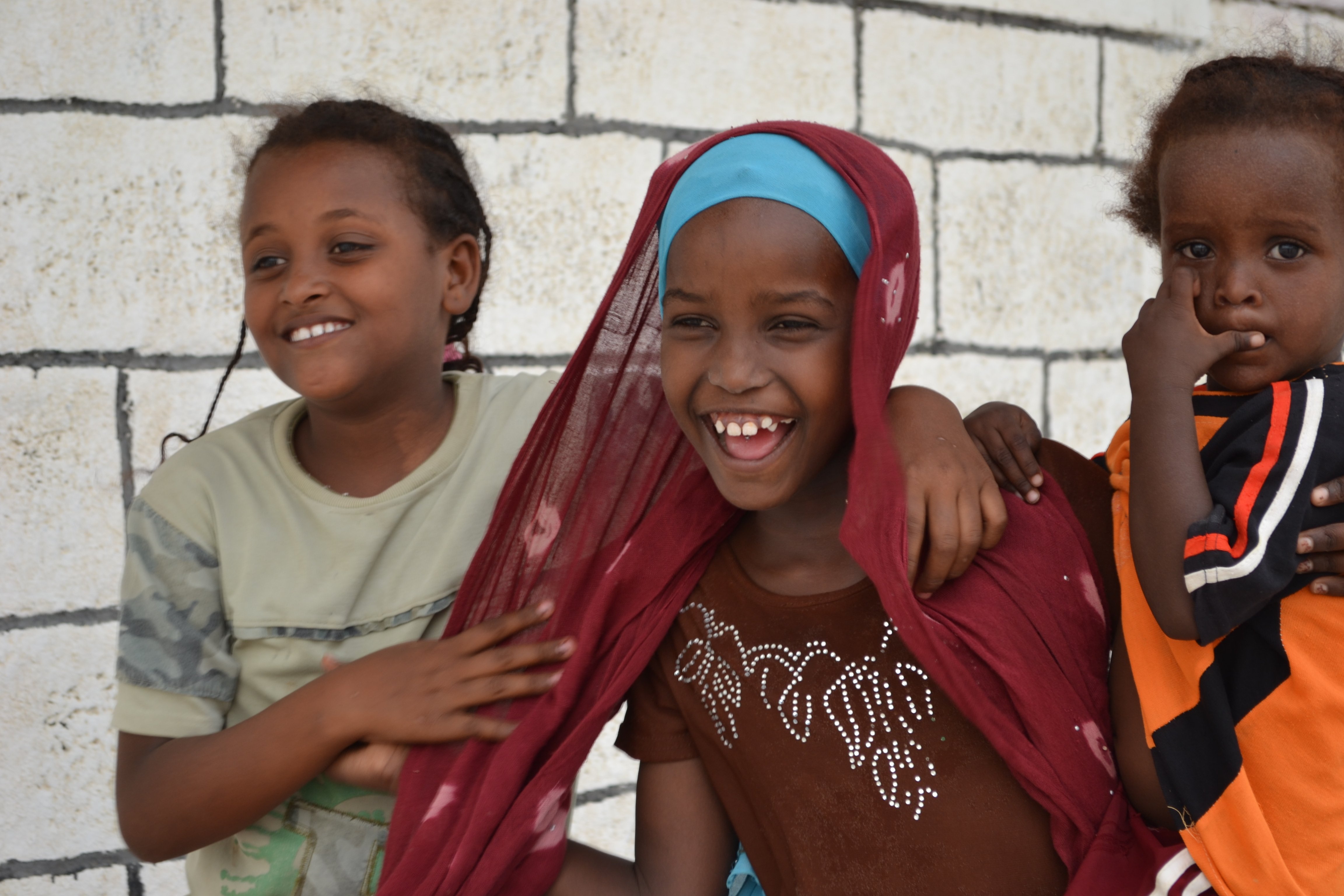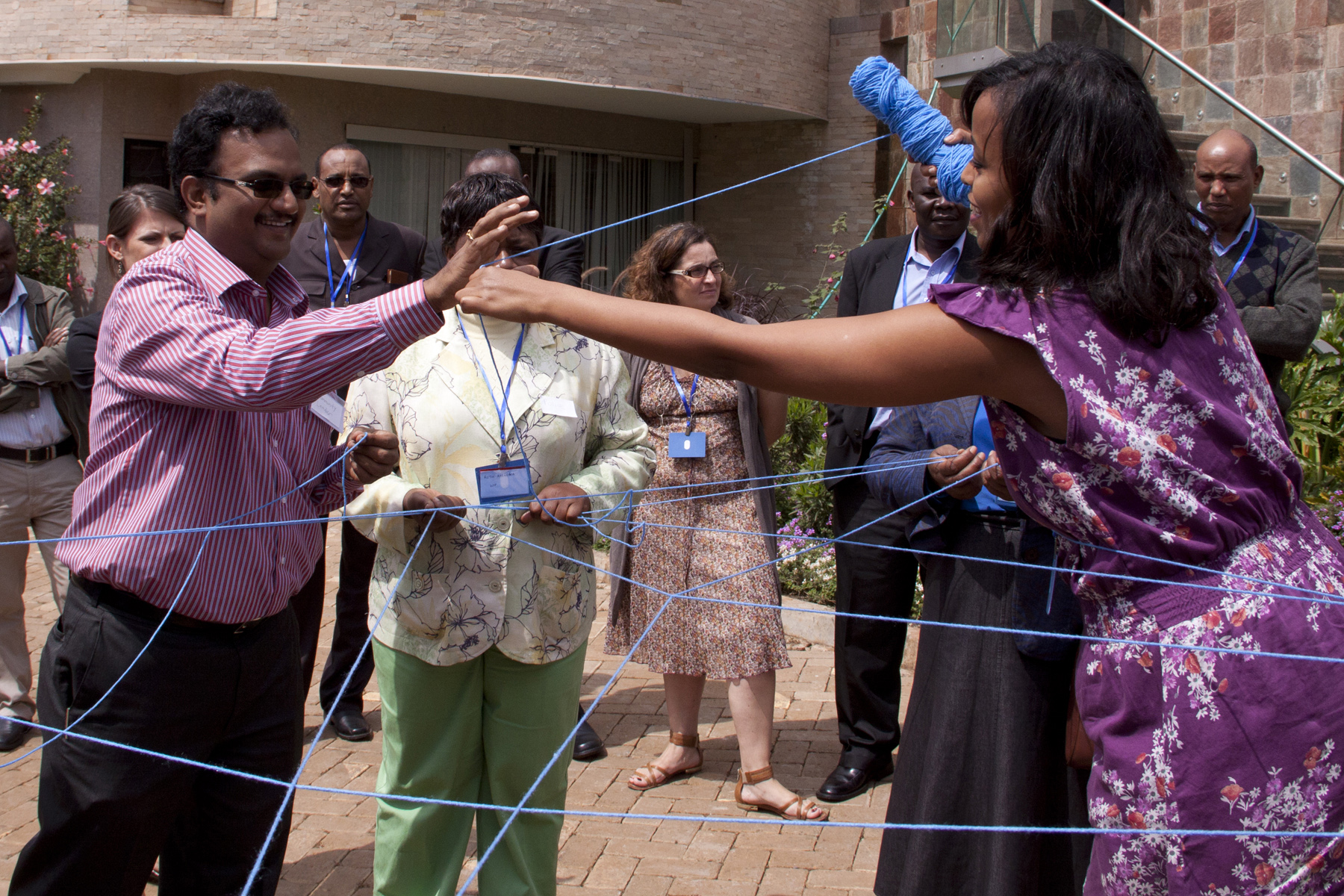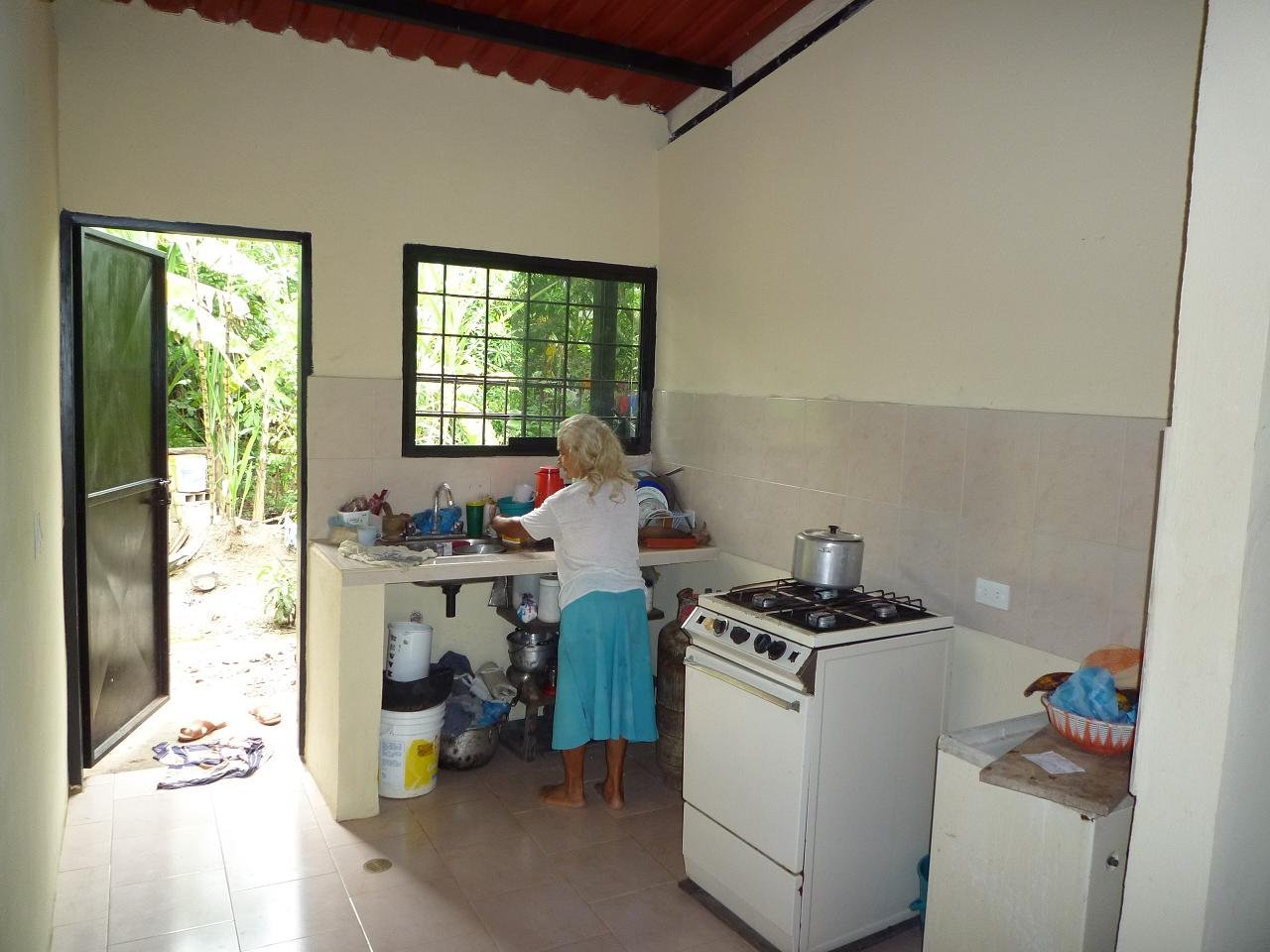Training Vietnamese provincial officials creates greater understanding of UNHCR's Montagnard monitoring
Training Vietnamese provincial officials creates greater understanding of UNHCR's Montagnard monitoring

DA NANG, Viet Nam, May 18 (UNHCR) - As part of an effort to create a greater understanding of an agreement concerning the return home to Viet Nam's Central Highlands of ethnic-minority Montagnards from Cambodia and the wider issues of refugee law, UNHCR recently held a two-day training course for provincial officials in the Vietnamese coastal city of Da Nang.
Since the Montagnards - both voluntary returnees and deportees - started returning from Cambodia in March 2005, UNHCR, has undertaken 12 regular monitoring missions to the region to assess the Montagnards conditions under the terms of an agreement signed by the refugee agency, Viet Nam and Cambodia in Hanoi in January 2005. The EU and the United States have also made monitoring trips to the region.
The UNHCR monitoring missions, which have found nothing to create any serious concern, have been closely followed by the international community but also by provincial authorities who found themselves involved in facilitating the missions and the focus of attention.
At the training session 3-4 May, which was held at the request of the Central Highlands provincial authorities, 18 senior officials from four provinces - Kom Tum, Gia Lai, Dac Lac and Dac Nong - joined officials from the foreign ministry, public security ministry and justice ministry who had previously undergone training and acted as trainers, to learn more about the refugee agency's work around the world, and in Viet Nam.
"The workshop proved to be an excellent opportunity for UNHCR, the central government and the local authorities to frankly and constructively raise their respective concerns and improve their mutual understanding on various issues at stake," said UNHCR's official in Hanoi Vu Anh Son, who organised the training.
The various sessions allowed provincial officials to clear up certain misunderstandings they had about UNHCR and the difference with human rights organisations. UNHCR was also able to straighten out a common misperception that the agency had deliberately incited Montagnards to cross the border into Cambodia. They were clearly told this was false.
"Thanks to the open, frank and very active discussion between trainers and trainees, the participants could finally understand UNHCR's role in the framework of the Hanoi agreement, to find a solution to the issue of Montagnards asylum seekers in Cambodia and the returnees in the Central Highlands," said Vu Anh Son in Da Nang.
The Hanoi agreement set out the framework for some 750 Montagnards who had arrived in Cambodia to either be resettled to a third country or to return to Viet Nam. Most of that caseload has now been resettled, mainly to the United States, with some 200 returning to Viet Nam, including 94 who were deported after being rejected as asylum seekers.
The issue of monitoring returnees generated a lively debate among participants with most frankly admitting they could not understand the reason why UNHCR and other embassies in Viet Nam have been focusing on a small group of people despite the efforts made by the local authorities to improve their living conditions.
While they recognised the importance of implementing the Hanoi agreement, which specified that returnees to Viet Nam would not be prosecuted or face discrimination, many participants felt there were too many monitoring visits and did not understand why the international community insisted on visiting controversial cases, on the basis of unfounded allegations. They felt this showed a lack of trust and confidence in the local authorities.
"It was a fascinating workshop because all the participants took the opportunity to table their concerns. They were also very ready to listen and positively consider UNHCR's arguments and explanations and we were ready to listen to theirs," said Vu Anh Son. "It was an opportunity to clarify the humanitarian nature of UNHCR's mandate and erase suspicions and misinterpretations of our role world-wide and in the Central Highlands in particular."
Further training sessions for district and communal authorities who are directly involved with the returnee repatriation and reintegration process are planned.

